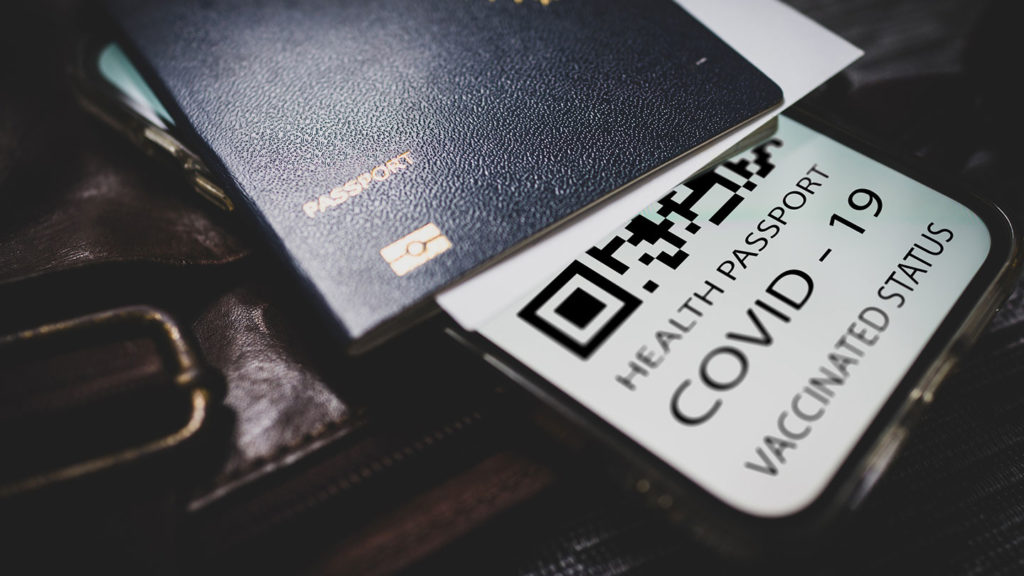
Healthcare workers at a New York health system likely aren’t exactly lining up to get the latest COVID-19 boosters. According to a survey of healthcare workers at HCP between 2021 and 2022, 17% were hesitant to get the boosters and 33% were unsure about giving boosters to their children.
The report was published in Vaccine on April 11. Data came from 4,165 workers who received their initial COVID-19 shots. All of them had intact immune systems. Of the respondents, 83.1% were women, and 42.4% had high contact with patients while 22.9% had some contact. Some 26% were nurses and 10.5% were other clinicians.
The state mandated that all healthcare workers get the shots regardless of their title. During the study period, a booster was recommended but not required.
About 17.2% of administrative and clinical workers were hesitant to receive the state-recommended COVID-19 vaccine booster, and 32.6% were unsure about giving their children the shot. Top concerns for 33.3% of people were the vaccine’s effects on fertility. Additionally, 37% were concerned about miscarriage, 23.1% about DNA changes and 21.7% were worried about their immune system response.
A total of 46.4% weren’t sure if there was a link between the vaccine and the heart condition myocarditis. Of respondents, 47% were moderately to extremely confident about discussing common vaccine concerns. Also, 6.9% thought childhood vaccines weren’t safe and 2.5% said the risks didn’t outweigh the benefits. And 2.6% didn’t think the shots could prevent disease.
Still, 85.3% said the COVID vaccines were important to them and 60% thought their recommendation could have an impact on patients’ choice to vaccinate. A total of 68% of respondents thought the vaccines were safe for children.
A total of 64.9% of workers with children received boosters and 70.1% who didn’t have children got the COVID booster — higher rates compared to the general population.
Among healthcare workers, 45% said parents should choose if their children get vaccines and 61% supported delaying recommended vaccines for kids. Of respondents, 30% believed that parents and caregivers should be able to request nonmedical exemptions for school entry. Workers who didn’t have children were less likely to be hesitant about vaccinating themselves.
The study authors noted that while health workers’ recommendations have been useful to overcome COVID-19 hesitancy among patients, understanding vaccine reluctance requires a more integrated approach instead of a top-down strategy because the workers themselves are more concerned than ever about vaccination.



